Northwest Texas Healthcare System celebrates being named Level II Trauma Center
The Northwest Texas Healthcare System (NWTHS) celebrated Thursday having been named by the American College of Surgeons as a Level II Trauma Center, which will provide among the highest level of care for Amarillo and the surrounding region.
PJ Lemons, executive director of the Panhandle Advisory Council, spoke about the significance of the milestone.
“This is huge for the Northwest Texas Healthcare System; they have been working on this for some time,” Lemons said. “For this region, it brings a better level of service going from a Level III trauma center to Level II. This gives us more advanced surgery levels, with patients not having to travel further for certain types of care.”
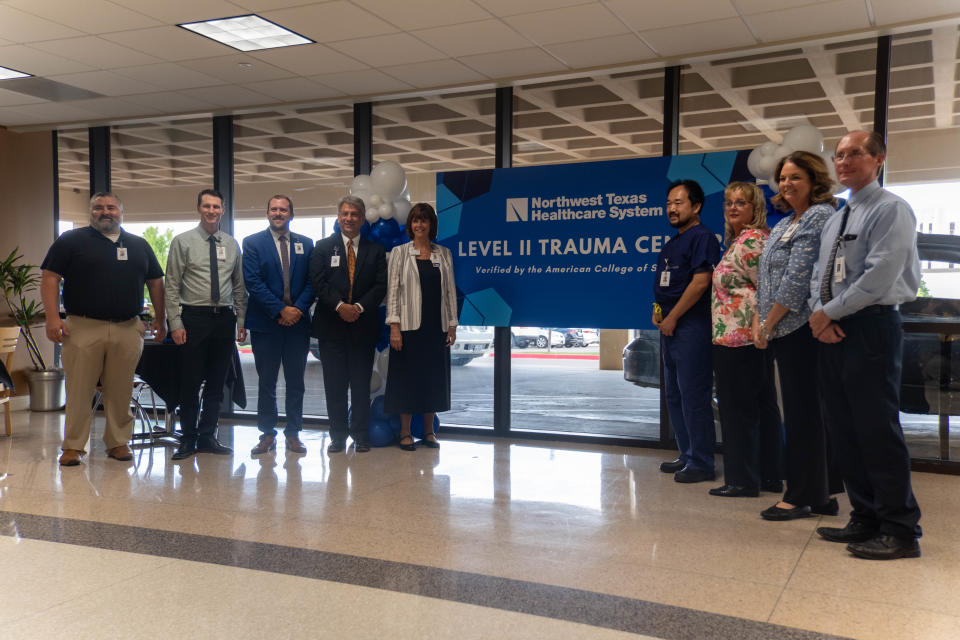
Lemons said that this would also help residents in surrounding states in proximity to the Texas Panhandle, whose closest hospitals with this trauma capability are in Oklahoma City, Oklahoma, or Denver, Colorado.
"We have a population of just under half a million people in the Panhandle trauma service area, and every patient deserves a higher level of care that could save their or their loved one’s lives,” Lemons said. “We are very fortunate to bring to this level of care to the area.”
Dr. Yohey Hashimoto, a Texas Tech surgeon and the trauma medical director for NWTHS, spoke about the impact of the new certification for the hospital.
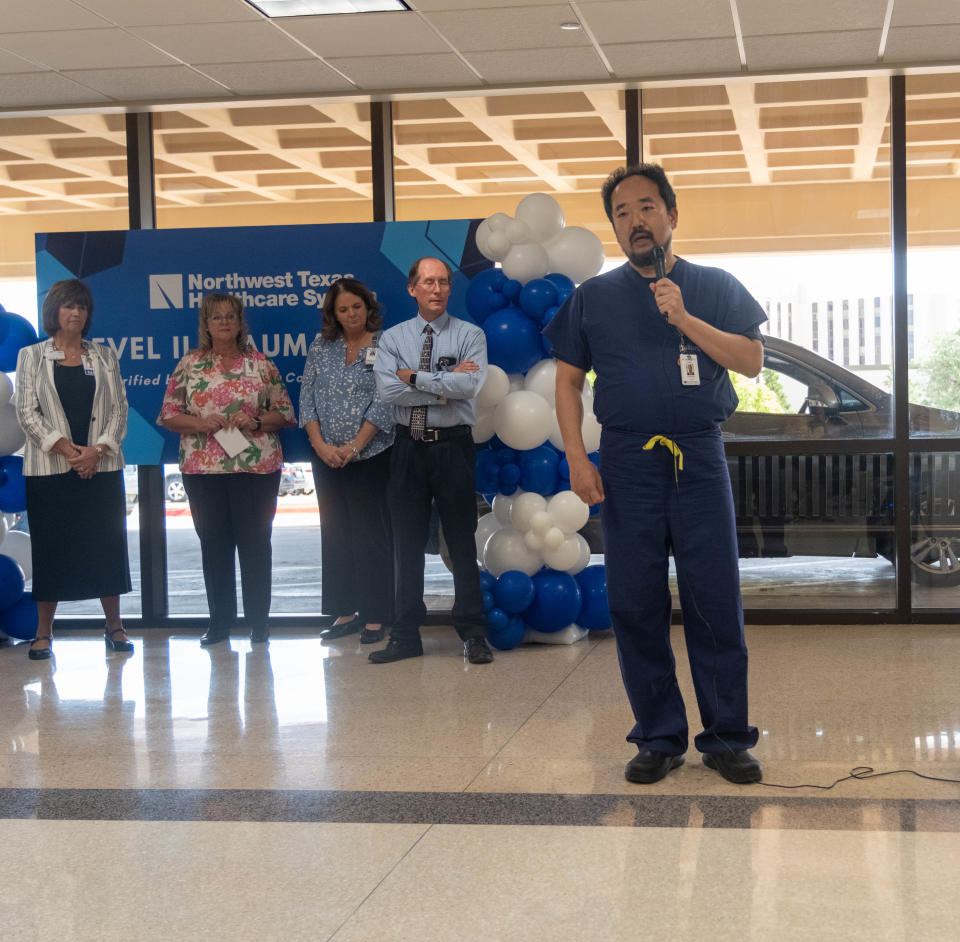
“We have been working on this certification for years and years,” Hashimoto said. “It is not very easy; it is a very hard standard to go from a Level III trauma center to a Level II trauma center.”
He said that the level of residency and research at a hospital among its doctors is an incredibly significant factor in attaining the status. He said that once more doctors move through the residency program over the next few years, the hospital will be working toward the highest level.
“I am proud that we were able to attain the only Level II trauma certification in the area,” Hashimoto said. “We have a lot of major road accidents on Interstate 40, and this certification level will help save lives.”
Lifting limitations from certain types of treatment
Debra Hessler, the trauma program director for NWTHS, spoke about the treatment limitations that the hospital faced prior to this higher certification. She has worked with NWTHS for 27 years.
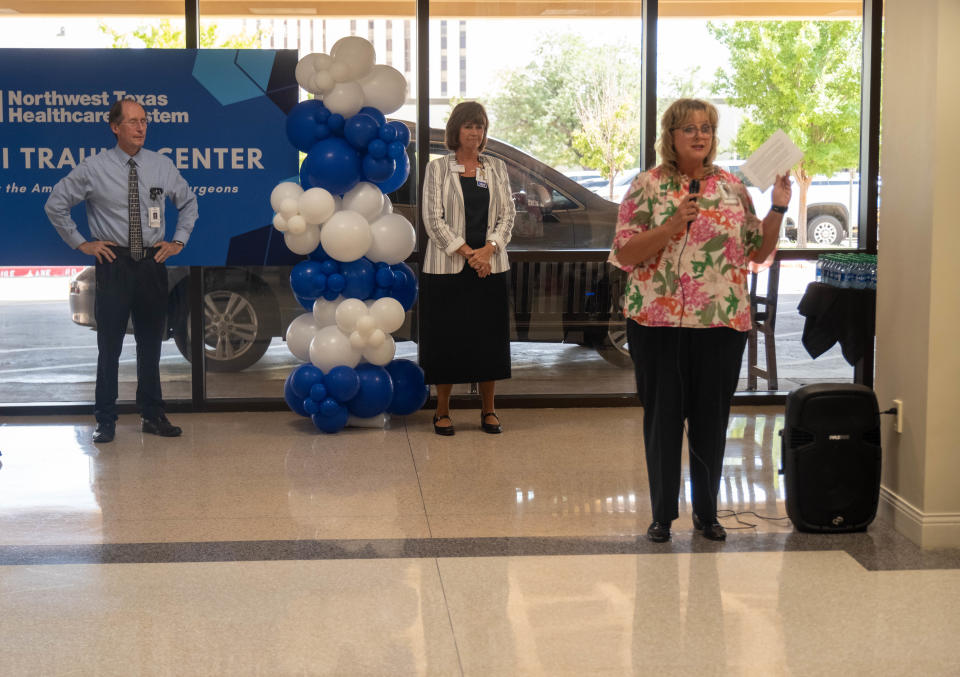
“Before (NWTHS) getting certified as a Level II Trauma Center, patients that required a higher level of care had to be transferred to Lubbock, a Level I Trauma Center,” Hessler said. “With us being a Level II Trauma Center and having the specialty services that we are required to have with this certification, we can keep those patients here. The biggest benefit to the Panhandle is that patients can stay local instead of going elsewhere for their trauma care.”
Hessler said that having a higher-level trauma center will also be beneficial to recruiting doctors, nurses and other staff to the hospital.
According to the American Trauma Society, a Level II Trauma Center can initiate definitive care for all injured patients, and the elements of a Level II Trauma Center include:
24-hour immediate coverage by general surgeons and by the specialties of orthopedic surgery, neurosurgery, anesthesiology, emergency medicine, radiology and critical care.
Tertiary care needs such as cardiac surgery, hemodialysis and microvascular surgery may be referred to a Level I Trauma Center.
Provides trauma prevention and continuing education programs for staff.
Incorporates a comprehensive quality assessment program.
What the hospital will need for Level I status, and what having the 'golden hour' means for saving lives
The certification of NWTHS to a Level II Trauma Center is one of the culminating achievements for Dr. Brian Weis, who has been the chief medical officer for the hospital. He has accepted a position with Texas Tech as the interim regional dean at the Texas Tech University School of Medicine. Weis has worked for NWTHS for the past eight years, where he has been an essential part of assembling the trauma team to reach this level of certification.
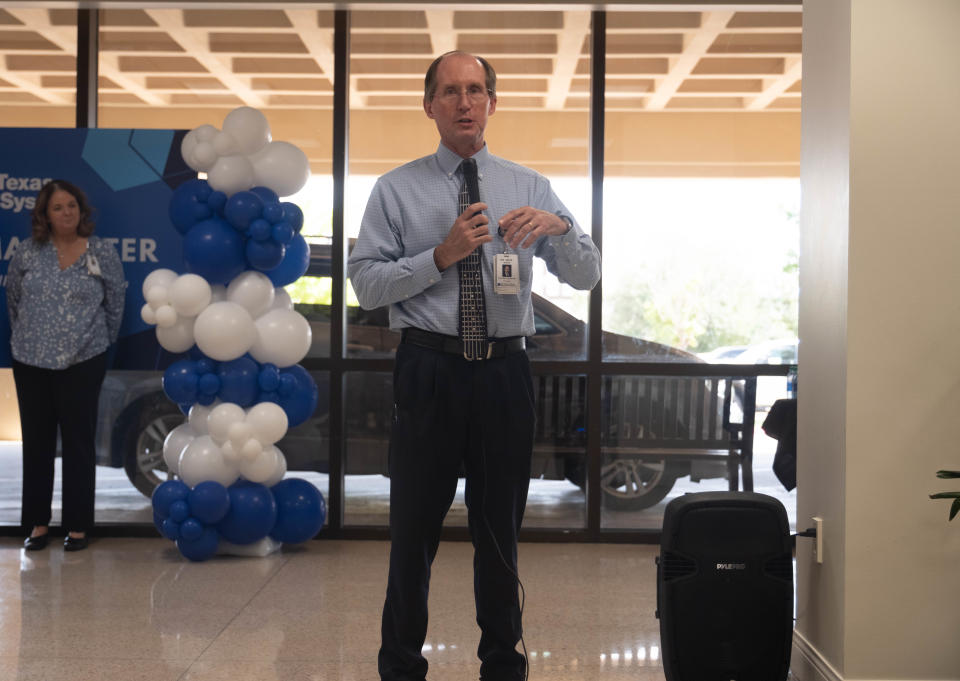
“The move from a Level III Trauma Center to Level II is one of one of the hardest changes to implement for any facility,” Weis said. “To go from Level II to Level I is much easier to accomplish, and this facility should be able to accomplish this very quickly. There are a lot of requirements to get to this level regarding response times and what doctors and operating rooms you have available. You must bring in a lot of resources to get to this level.”
Weis said that the change in certification will allow the hospital to be able to treat patients that it was not able to handle previously, which involved certain types of injuries.
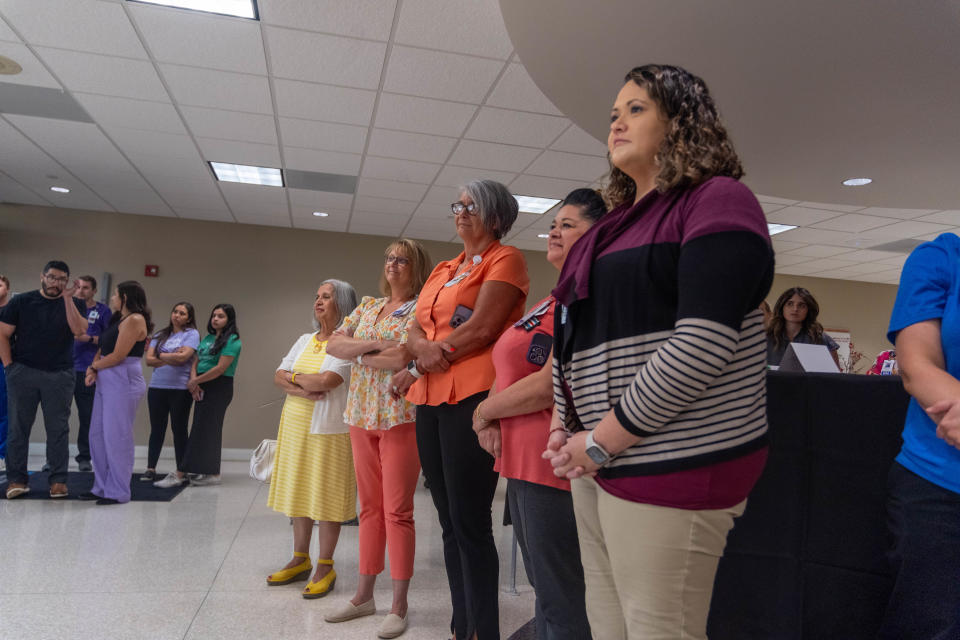
“If a person had an artery that was lacerated, we could not treat the patient and had to fly them to Lubbock, and that’s an important time that has to be taken,” Weis said. “We call that first hour after an accident the 'golden hour,' because we know that is when we can save people. If a person is being transported during that golden hour, that makes the chance of surviving less. Now we know we can treat those patients here.”
According to Weis, the biggest obstacle to becoming a Level I Trauma Center is a formalized research program. NWTHS has been building a relationship with Texas Tech to do research on trauma.
“Hopefully, within a year or so, with us assembling our research team, that gets us to the next level; all we need to get to that level is get the research down,” Weis said. "It is a team effort; I cannot say enough about the Texas Tech Surgery Department putting together this collection of trauma surgeons that got us here. Having these five dedicated trauma critical care specialists, along with the other surgeons that back them up, is what has gotten us here.”
This article originally appeared on Amarillo Globe-News: Northwest Texas hospital celebrates Level II designation

